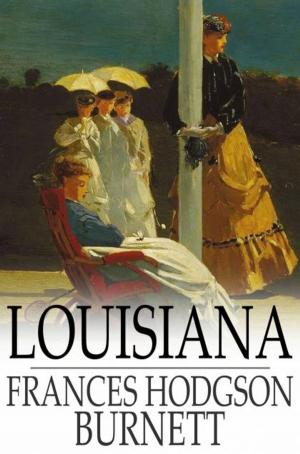| Author: | Charles Brockden Brown | ISBN: | 9781775412007 |
| Publisher: | The Floating Press | Publication: | January 1, 2009 |
| Imprint: | The Floating Press | Language: | English |
| Author: | Charles Brockden Brown |
| ISBN: | 9781775412007 |
| Publisher: | The Floating Press |
| Publication: | January 1, 2009 |
| Imprint: | The Floating Press |
| Language: | English |
Wieland, named by his father after a German nickname for the devil, inherits both his father's estate and religious susceptibility. His idyllic rural life is disrupted when he falls prey to the ventriloquist Carwin, who convinces Wieland that a divine voice is commanding him to slaughter his family. He is tried for the murders of his wife and children, for which he expresses no remorse. He later escapes prison in an attempt to kill his sister Clara, who narrates the story. Clara and Carwin have an ambiguous relationship of attraction and repulsion. Brown's work was an important precursor to such Gothic masters as Edgar Allan Poe and Mary Shelley.
Wieland, named by his father after a German nickname for the devil, inherits both his father's estate and religious susceptibility. His idyllic rural life is disrupted when he falls prey to the ventriloquist Carwin, who convinces Wieland that a divine voice is commanding him to slaughter his family. He is tried for the murders of his wife and children, for which he expresses no remorse. He later escapes prison in an attempt to kill his sister Clara, who narrates the story. Clara and Carwin have an ambiguous relationship of attraction and repulsion. Brown's work was an important precursor to such Gothic masters as Edgar Allan Poe and Mary Shelley.















